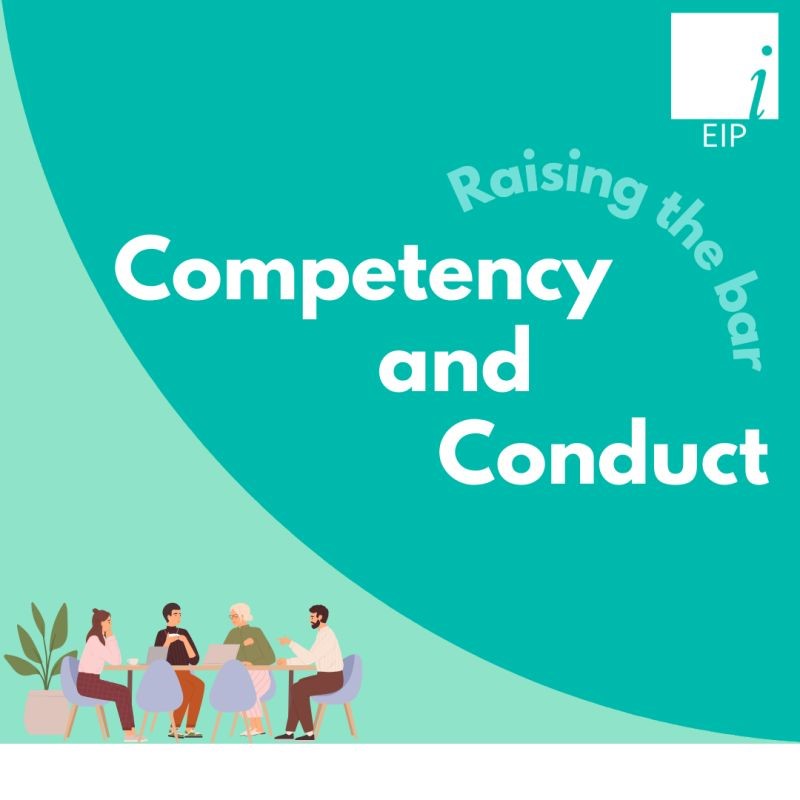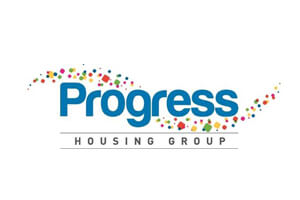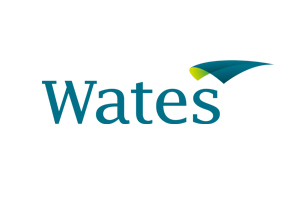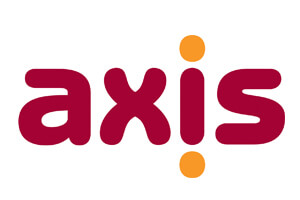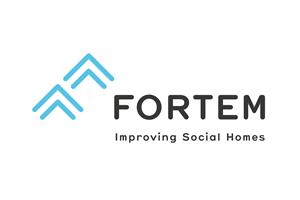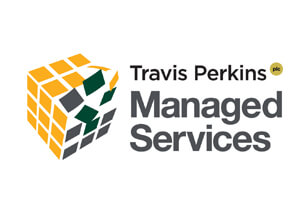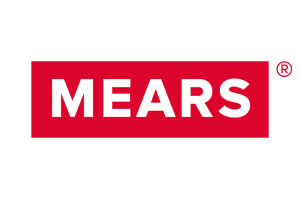Learning and development focus for Competency and Conduct programme
The focus of the second session in our Competency and Conduct programme, chaired by Debbie Larner, was learning and development.
Debbie opened the meeting by asking attendees to consider why training staff is important.
It was agreed that training makes people feel valued and supports staff retention but is also vital in helping organisations to keep up to date so that they don’t get things wrong and continue to deliver a good service for tenants. There was also some discussion around the importance of finding people that fit an organisation’s culture.
The first guest speaker was Tom Collins, Head of Delivery at Kingdom Academy, who asked “What does CPD look like?” talking through different forms of CPD.
He the looked at apprenticeships vs qualification only and gave an overview of the apprenticeship standards and the different levels that are available.
Typically, an apprenticeship has to be 12 months or more in duration, he said, but that is currently under review from the Government, so could change.
“There had always been a lot of stigma and miseducation around who is eligible or who apprenticeships are applicable for,” he said but explained that apprenticeships are not just for school leavers.
“The majority of our apprentices in Kingdom are certainly not 16 years of age and already employed and are looking to gain further knowledge, skills, behaviour, competence in their job roles,” he explained. “So, we devise training plans for those individuals that will cover new learning and make them a better employee.”
What is in the new standard?
He was followed by Nikkie Pullen, Head of OD, Abri, who talked about what is in the new Competence and Conduct Standard and what action is required to meet it.
Under the standard there is a qualification requirement (Levels 4 and 5) for “service providers” who manage delivery of housing management services on behalf of a registered provider.
“But only 6% of our colleagues need to have the qualification as deemed by the government,” explained Nikkie as it isn’t applicable to frontline staff but to those in the most senior positions who affect the culture” of an organisation, and “who make those decisions that affect customers.”
“They’re the ones who have the most impact on the business, so it’s absolutely right that they have it but finding the time to get them trained and qualified is something that’s proving challenging,” she said. “So, although it’s the smaller numbers, it does have quite a big impact on the business.”
She talked about the various qualification routes to meet the mandatory requirements of the Competence and Conduct Standard and pointed out that qualifications should be Ofqual approved.
However, the standard is not just about the qualifications she said, and we need to look at the wider piece and have up to date written policies setting out the approach to managing, developing and maintaining the skills, knowledge, experience and conduct of staff.
“So that’s quite a big remit, which means that actually we need to make sure our L and D offer is up to date,” she said.
The Standard also talks about adopting and embedding appropriate code of conduct, and specifically references, behaviours such as empathy, reliability, honesty and professional curiosity, which are not things that are trainable, so it comes back to how organisations recruit.
“We recruit for the behaviours, not necessarily the skills,” said Nikkie. “But we’re starting to create our own learning opportunities.”
She outlined Abri’s “housing professional of the future” interactive learning journey, which aims to “connect colleagues with why we do what we do” giving practical skills and housing knowledge and enabling people to explore that professional curiosity.
What does it mean for contractors?
Hayley Clifford from Wates Property Services talked about the steps that the organisation has taken to find out more about what the Competence and Conduct Standard means for it as a Tier 1 contractor, and where it sits on the service provider list.
She recently met with Charlotte Hilliard Policy Lead on professionalisation in social housing at Ministry of Housing, Communities and Local Government and discussed what the standard means for roles such as ops managers and contract managers who are managing huge projects, with large portfolios of properties and large amounts of residents.
“I think this is a huge opportunity, certainly with Tier One contractors, to have some consistency about job titles,” said Hayley, “as they don’t necessarily always explain what people do.”
Charlotte is open to feedback to make sure that the guidelines are as clear as possible, she said, encouraging other contractors to share their perspective.
Read next: Resourcing the social housing sector focus for AMIP meeting
